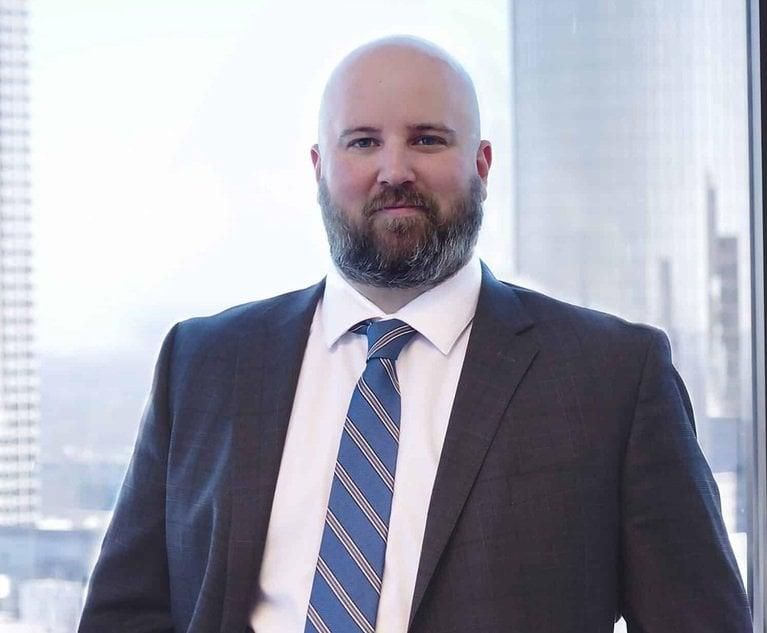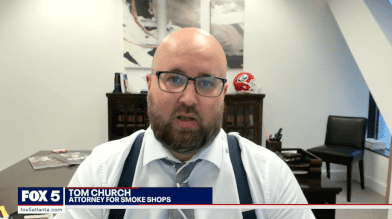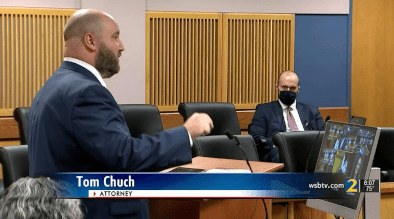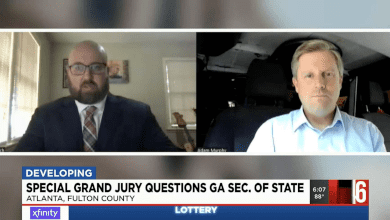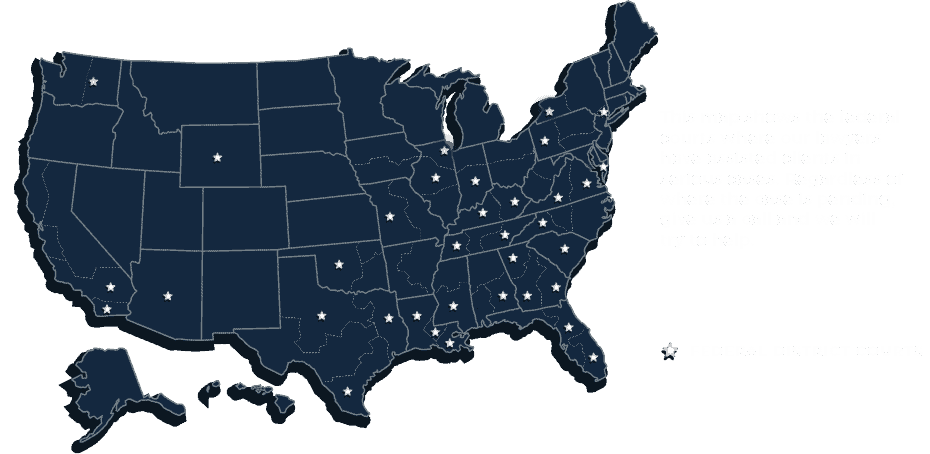Daily Report Covers Our Firm’s $500,000 Settlement for Client Falsely Charged with Possessing Child Porn
Our firm has written about our successful efforts to get our client’s false child porn charges dropped and our subsequent efforts to seek compensation from the City and police department that charged our client.
The Daily Report, a law publication that covers significant cases in Georgia, covered our firm’s efforts in an article published today. The article was written by Cedra Mayfield.
See below for the full text of the article.

“…A metro-Atlanta attorney has secured a six-figure settlement for a small-town client falsely arrested and charged with possessing child pornography in connection to screenshots stored within and reported by a cloud-based image and video-hosting service.
Thomas D. Church of the Church Law Firm in Roswell credits the $500,000 settlement with the city of Thomasville to his ability to convey his client’s claims of malicious prosecution through a position paper backed by clear-cut evidence.
“I knew we needed to show, not just that Mr. Clements was innocent and that the police had made a mistake, but that the police in this case acted egregiously,” Church told the Daily Report.
‘Not Interested in the Truth’
It’s been four years since Thomasville police officers executed a search warrant at the Thomas County home of Neil Clements based on an automated tip generated by Flickr, a cloud-based storage service, according to Church.
Plaintiffs counsel said his client’s Flickr account ”incorrectly flagged images in [Clements’] cloud storage account as ‘potential’ or ‘suspected’ child pornography.”
“Flickr and other social media and cloud-based storage services sometimes use algorithms that are designed to try to identify sexually explicit pictures of minors. The problem here, of course, is that the pictures were of adults engaged in consensual sex,” Church said. “As in most of these kinds of cases, Flickr automatically forwarded the tip to the National Center for Missing and Exploited Children. Critically, NCMEC had never seen these images before, let alone identified them as child pornography, so they forwarded the tip to the Georgia Bureau of Investigation for further investigation.”
Church said the GBI responded to the tip by dispatching Thomasville police officers to Clements’ home, but called law enforcement’s subsequent actions “an egregious failure” that amounted to the “malicious prosecution” of his client.
“When investigators showed up at our client’s house with a search warrant to seize his computer and cellphone, they interviewed him. During that interview, our client insisted that the images were screenshots from a PornHub video featuring consenting adults, not children,” Church said.
“Unfortunately, the officers were not interested in the truth and had already made up their minds that our client was guilty, so rather than do any further investigation, they ignored our client’s claims and arrested him for child porn possession. If convicted, our client faced decades in prison, and life as a registered sex offender.”
But it’s what Church did next that not only spared his client jail time, but resulted in all charges being dropped and a six-figure settlement being reached. J. Travis Hall of Chambless, Higdon, Richardson, Katz & Griggs in Macon represented the city of Thomasville but had not responded to a request for comment as of midday Tuesday.
‘Viewed 12 Million Times’
To clear his client’s name, Church said he reached out to former Thomas County Assistant District Attorney Catherine Smith to provide evidence that his client had not been in possession of child pornography.
In addition to sending Smith a link to the online video from which the screenshots had been taken, Church said he went one step further to include an email correspondence he’d had with the women featured in the footage that confirmed they’d not been minors.
“We emphasized that these pictures came from a video on a well-known website, PornHub, that featured consenting adults who had been verified as adults by the website, and that the video had been viewed 12 million times,” Church said.
Plaintiffs counsel said the evidence led the Thomas County District Attorney’s Office to dismiss its case against Clements in February 2022.
In addition to getting the charges dropped, Church prevailed at getting Clements’ record sealed, but said the damage to his client’s reputation had already been done.
“The newspaper, which had run a story about his charges, only provided an update in the old article noting that his case had been dismissed—not that there was proof he was actually innocent,” Church said. “Our client could not get his old job back, and the rumors in town continued.”
‘Our Client Heard an Apology’
With his client “financially ruined” by the false arrest, Church said he demanded additional justice for Clements in the form of damages from the city of Thomasville.
As the investigating officers’ employer, plaintiffs counsel contended in a position letter that local law enforcement “had ruined the life of an innocent man based on their deliberate disregard of the truth and their failure to adequately investigate their case.”
While honoring the city’s subsequent request for mediation, Church said he outlined why he believed plaintiffs counsel would win should the case be tried before a jury.
In addition to the evidence presented to get his client’s charges dropped, Church honed in on the officers’ “complete failure to investigate whether the images were actually child pornography before prosecuting [Clements].”
“The City of Thomasville did the right thing and was willing to offer our client a significant settlement,” Church said. “The city committed to paying our client $500,000 to settle his claims against the city and its police department. Just as importantly, the attorney representing the city’s insurer apologized to our client for what he had been through—the first time our client heard an apology for his false arrest and prosecution.”
Church said he and his client are now considering whether to pursue claims against the GBI for what plaintiffs counsel considered additional egregious conduct by an agent involved in the case, but noted “it is notoriously difficult to sue the GBI.”
If you or a loved one has been charged with a federal or state crime and need an experienced trial attorney who you can trust to fight for you, contact our firm. We will be honest with you and work hard for you.
